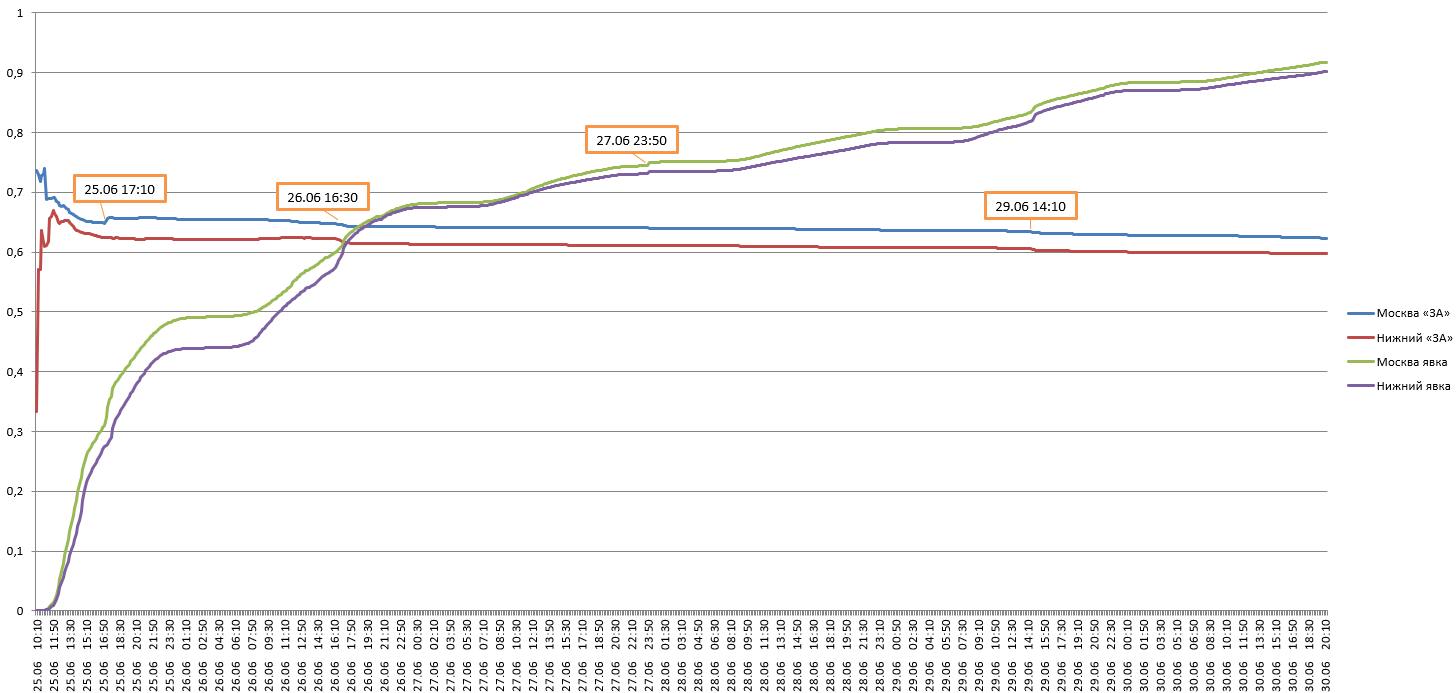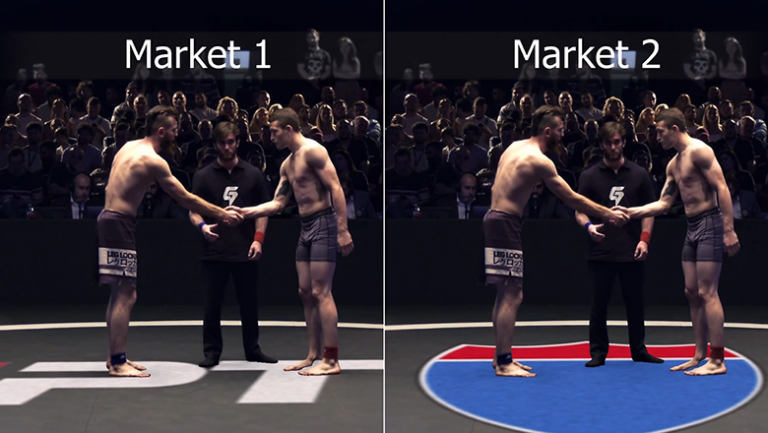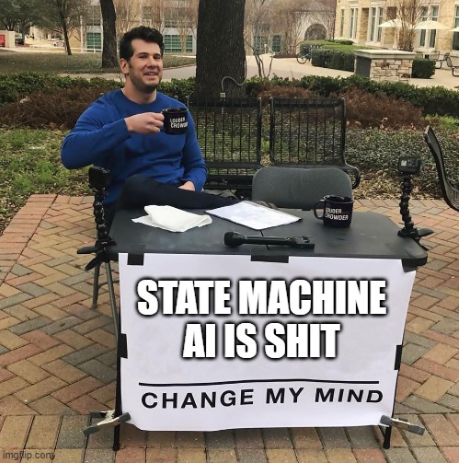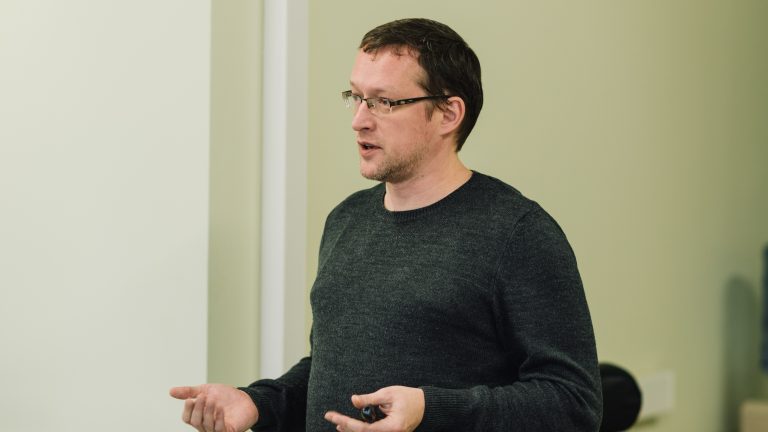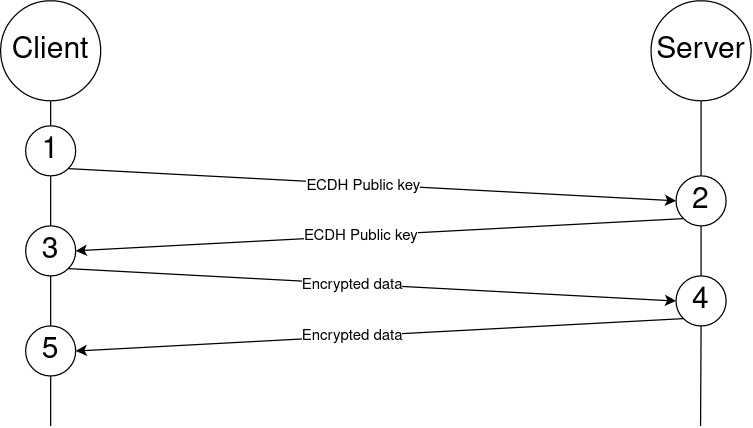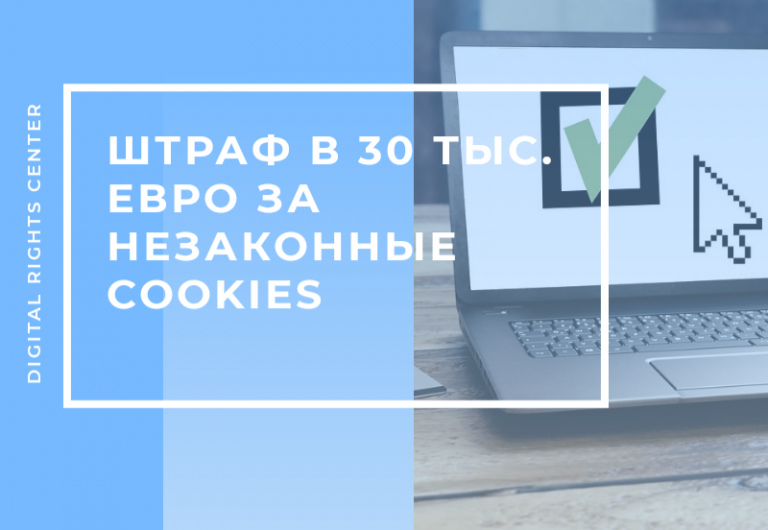We watched the voting at TEC DEG – and this is what came of it (press conference announcement)
As you all know, this week essentially the first truly large-scale electronic voting took place in Russia – on amendments to the Constitution. It was held only in two regions, Moscow and Nizhny Novgorod, but it collected 1.2 million voters (mainly in Moscow, where 15% of the total number of voters were electronically voted).
Formally, it was held at the territorial election commission of remote electronic voting (TEC DEG), in reality, of course, we worked remotelyexcept ceremonies at the beginning and end. We worked there in two qualities at once: firstly, official observers at the TEC DEG from the Public Chamber of the Russian Federation, and secondly, an expert working group. This combination is very successful: firstly, it sometimes allows not only to ask, but also to demand, and secondly, if the official status of the observer is available to the elect, then we could introduce people at our own discretion to the expert group.
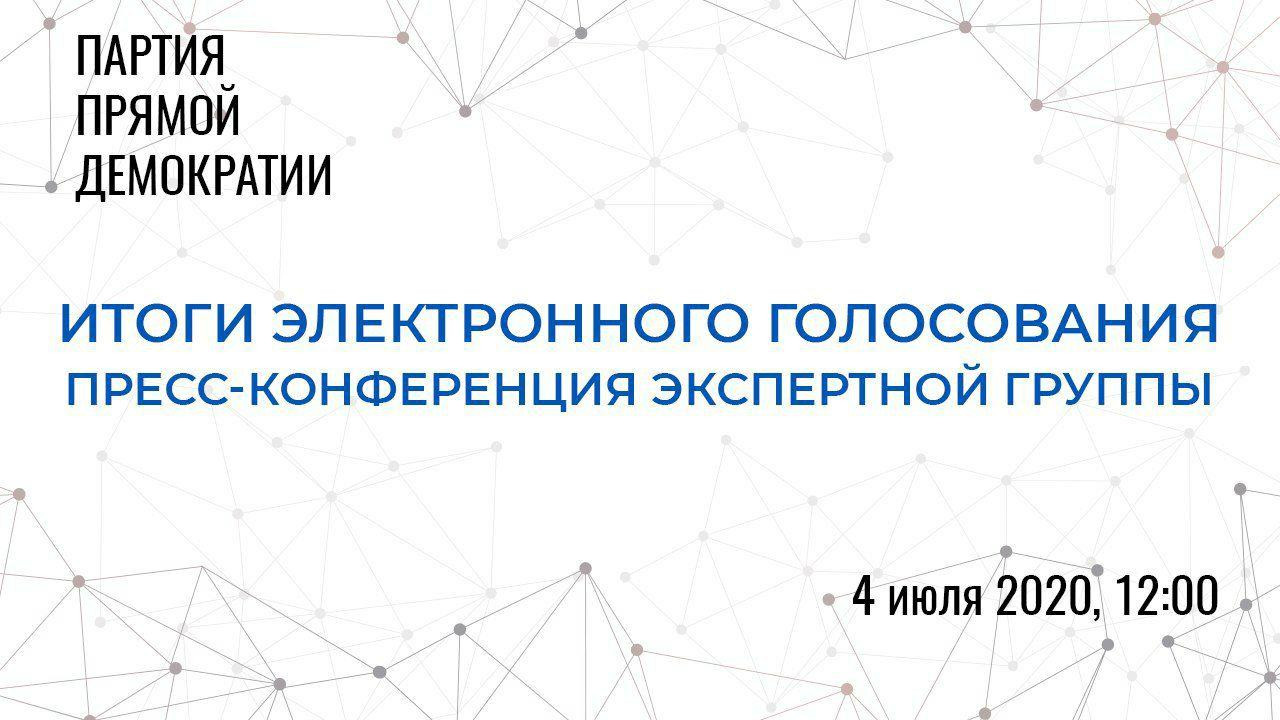
Now we are preparing a large report on the voting process, questions and comments that have arisen, as well as proposals for the future, and we are also expecting from DIT Moscow to completely unload all blockchain transactions (not only votes cast, they have already been unloaded) and Rabbit MQ queue statistics, in which could be, sometimes significant time, before getting into the blockchain.
However, a full report is a lot of time and effort, so in order to begin to share observations and considerations, tomorrow, July 4, at 12:00 Moscow time, we spend online press conference on the results of the vote.
Details below, as a bonus – a list of theses that we made by the working group on the last day of electronic voting.
The results of electronic voting. Expert Group Press Conference
Saturday, July 4, 12:00 Moscow time
At the voting on constitutional amendments that ended this week, the Direct Democracy Party not only acted as observers for the Public Chamber of the Russian Federation in the territorial election commission of remote electronic voting (TEC DEG), but also formed an expert group to monitor the progress and results of the vote.
At a press conference, we will talk about how the electronic voting took place, what problems it encountered, whether its results can be trusted – and what steps must be taken to further develop and apply DEG in Russia, including in the regional elections in autumn 2020 and Duma fall of 2021. Experts in electoral systems, blockchain, cryptographic systems and information security will talk about the DEG situation.
Broadcast will be available on Party of Direct Democracy YouTube Channel.
Speakers can be asked questions in the commentary on the broadcast or through the party’s Telegram channel.
Members of the expert group:
- Oleg Artamonov, member of the videoconferencing of the Direct Democracy Party, observer at the TEC DEG
- Mona Arkhipova, independent expert, co-founder and operational director of the company “Interregional Information and Settlement Center”
- Alexander Isavnin, independent expert, member of the Pirate Party of Russia
- Vyacheslav Makarov, Secretary General of the Aerospace Forces of the Direct Democracy Party, observer at TEC DEG
- Sergey Nesterovich, independent expert, deputy chief editor of the Political News Agency
- Alexander Podshivalov, independent expert, member of the Direct Democracy Party
- Timofey Shevyakov, spokesperson and member of the videoconferencing party of direct democracy
- Alexey Shcherbakov, independent expert, co-author of the report of Roman Uneman “Electronic voting. Risks and Vulnerabilities
Invited guests:
- Andrey Larin, Project Manager DEG, DIT Moscow
- Yuri Maximov, Doctor of Economics, Ph.D., professor of Moscow State University, Advisor to the Deputy Chairman of the State Duma of the Russian Federation, member of the LDPR
As you can see, the composition was extremely interesting. At a press conference, we will first speak with Slava Makarov as official observers, and then give the floor to each from the present experts and guests. We did not agree on the topics and content of their speeches in advance, so even for me they are a mystery (although, of course, I imagine that Mona is unlikely to be about blockchain, and Alexey – about IDS).
A little bit about the voting process
We have not yet completed all the materials and did not accompany them with comments, but we can already show the basic metrics of the system’s operation now – as you all remember, at the voting in the Moscow State Duma in 2019, the technical problems were so egregious that other problems were lost against them.
This time everything happened much, much more interesting.
Firstly, the data on the turnout and votes in favor, for unloading from the already decrypted blockchain:
Already from this graph it can be seen that there were no significant failures, absolutely normal dynamics are visible.
I note a few points:
- this is a blockchain upload, it does not take into account queues in Rabbit MQ
- turnout is not quite correctly calculated on the chart – it does not take into account ballots issued but not received back, there were about 1.7%
- it would be very interesting to compare the data on the votes with media monitoring: with a high probability the events of June 25 at 17:10, June 26 at 16:30 and 29:06 at 14:10 are due to the release of materials that stimulate interest in voting, and for the first time in purely Moscow and a loyalist channel, and the second and third in the opposition media
- Separately, it is interesting that a five-day vote is beneficial to the opponents of the amendments – most likely because they were initially skeptical in general and were in no hurry to vote, even by submitting an application for DEG
- On June 27, around midnight, there was an attempt to attack the blockchain, which for an hour disabled the observer interface and briefly overloaded the blockchain; therefore, a jump is visible – these cast votes after the end of the attack were loaded from Rabbit MQ into the blockchain
Also put here Blockchain report PDF file. These are working drafts based on the data of the Moscow Institute of Information Technology, I hope that by the middle of next week we will present a more detailed and detailed report, with numbers and comments.
Conclusion and theses
The preliminary collective abstracts of the expert group can be found on google docs.
The theses were prepared for the press briefing of the Public Chamber of the Russian Federation on June 30, but did not lose their relevance.
As you can see, they long away go beyond the topic of technical operability of the system and affect organizational, informational and legislative issues. In general, I can say that this time we are grateful to Moscow’s DIT for the stable operation of the DEG system – at least, this allowed us to escape from the discussion “how many blockchain chewed and spit out bulletins” and focus on a wider range of tasks.
Total
We are looking forward to all those who are interested tomorrow at a press conference, where we will give the floor to each of the experts of the working group – because even within the working group, of course, there is no absolute unity of opinion, not to mention the fact that different experts have different specializations.
YouTube: https://youtu.be/PAhFGnLDBjI
PS If you are a representative of the press, and want to participate directly in Zoom, with the ability to ask questions, write to me directly in Habré or in Telegram olartamonov.
